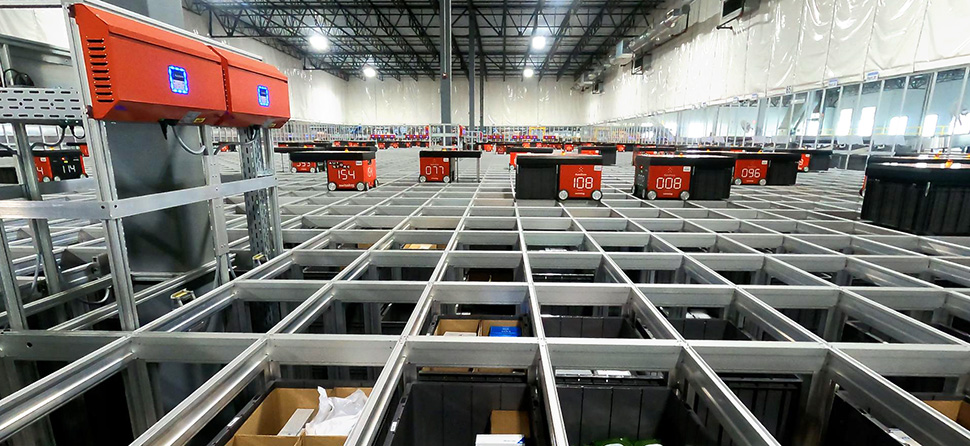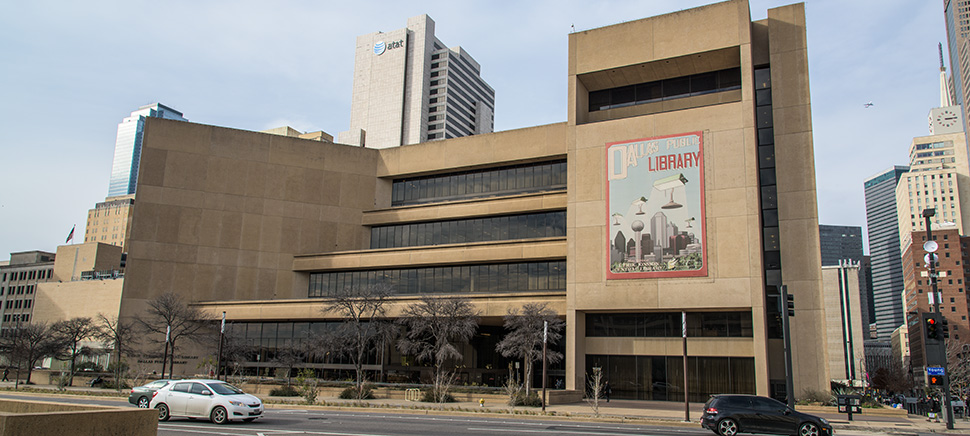About 30 minutes south of downtown Dallas, Wilmer has a population of around 3,600, according to the most recent census data. Originally known as “Prairie Valley,” its growth was inspired by the arrival of the Houston and Texas Central Railroad in the 1800s. Today, it is still growing, thanks to investment from companies building and upgrading manufacturing facilities.
Companies like Medline Industries — which manufactures and distributes more than 335,000 medical products globally, as well as provides education and training to facilities from nearly 50 on-staff clinicians. It serves large hospitals, individuals’ homes, and everything in-between, doing about $23 billion in revenue annually. The Medline Wilmer location is responsible for handling $1 billion in medical supplies annually.

Steve Miller, EVP – supply chain at Medline Industries
“Wilmer is one of our most important facilities,” says Steve Miller, EVP, supply chain at Medline.
The 800,000-square-foot Southern Dallas location employs about 500 people and opened in 2016. As North Texas has grown, so has Medline’s presence.
“When the Wilmer facility first opened, it was doing significantly less volume than it does today, but Medline has had 57 years of continuous growth and Wilmer is a big part of that,” says Miller.
Company leaders take each location’s output into consideration as they determine when to invest in new technology.

Medline director of operations Brandon Forcier at the AutoStore with Shelia Petta, mayor of Wilmer; Dr. Joe Seabrooks, chairman of the Inland Port Area Chamber; and Clinton Hazziez, vice president of supply chain and sourcing at Baylor Scott & White Health.
Investing in robots and humans
At the Wilmer site, AutoStore — the robotic order fulfillment system — became operational at the beginning of 2024. But Medline has a long history with AutoStore — it was the company’s first U.S. customer. And Miller says, today, this kind of technology is not only critical for overall operations, but also helps attract and retain talent.
“People want to work with AutoStore and other robot-to-human technology — and hiring for a warehouse position is a great way to get someone into the Medline family,” he says.

A wide view of the Medline AutoStore. [Photo: Medline]
Miller says that’s one reason North Texas has been such a great fit. The company believes in growing people and the local talent pipeline gives them plenty to work with.
“We have directors of operations of these $1 billion dollar facilities who started out as hourly employees,” he says.
Miller has been with the company for two years and has been in operations for more than 30. He said he’s happy to finally have a chance to help make the healthcare system more efficient.
Being a reliable part of the supply chain has been a priority from the beginning.
“We are unique in this industry because our drivers, our fleet — it’s all owned by Medline. We don’t use a third party, which gives us more control over delivery of our products,” Miller says.
It also makes the 38,000 employees around the world feel like they’re part of the solution. On a recent site visit, Miller recalls a driver who was loading the truck, who said, “What I’m doing here — it matters. It matters that I get these shipments right and delivered on time.”

A recent gathering of dignitaries at the Medline facility in Wilmer highlights the strong public and private support for the company’s operations in the region. From left: Dr. Joe Seabrooks, chairman of the Inland Port Area Chamber; Carl O. Sherman Sr., Texas state representative for the 109th District; Shelia Petta, mayor of Wilmer (red jacket); Brandon Forcier, director of operations at Medline (blue shirt); Clinton Hazziez, vice president of supply chain and sourcing at Baylor Scott & White Health; Steve Miller, executive vice president of operations at Medline; Ed Graves, vice president of regional field sales at Medline; and Michael Flusche, North Texas regional director for the office of U.S. Senator Ted Cruz. [Photo: Medline]
Innovating now and betting on the future
One of the products Medline is known for is the surgical procedure tray — think of it as a starter kit that has all the equipment needed for each type of surgery. The trays are also customizable.
“When you think about an operating room environment, you want to make it as simple and convenient for medical professionals to take care of patients and save lives,” says Miller.
He adds that Medline’s sales staff is organized like a consultancy that embeds itself with each client — observing and anticipating needed solutions.
He expects the direct-to-home market to grow, an idea backed up by the Bureau of Labor Statistics, which projects the number of home health and personal care aides to grow by 22% by 2032. North Texas is also expected to keep up its growth spurt, reaching nearly 12 million people by 2050, according to the North Texas Council of Governments. Medline plans to be a part of that growth.
Voices contributor Nicole Ward is a data journalist for the Dallas Regional Chamber.
![]()
Get on the list.
Dallas Innovates, every day.
Sign up to keep your eye on what’s new and next in Dallas-Fort Worth, every day.


































































